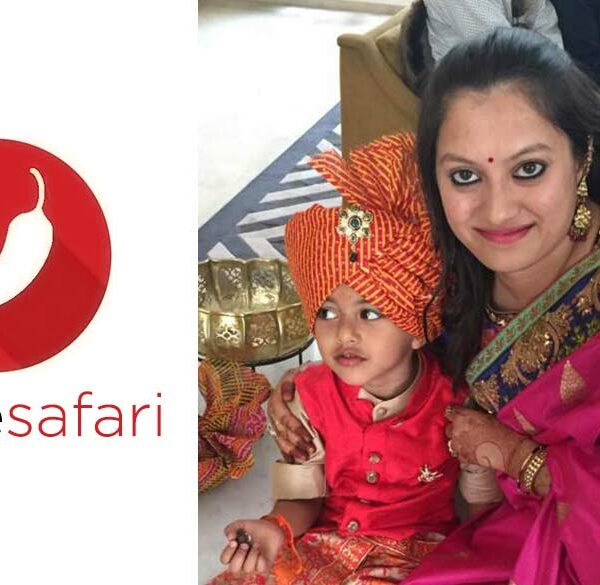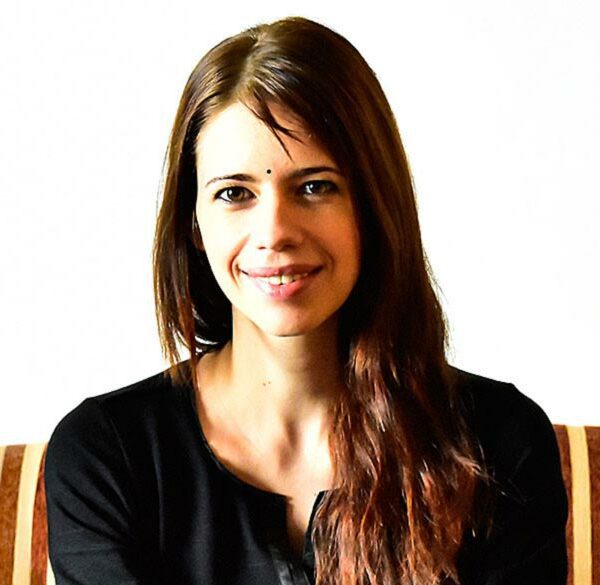The Academy Awards this year have managed to create a ripple of fresh waves. Olivia Coleman’s (Best Actress) acceptance speech on her iconic win for her performance in ‘The Favorite’, has been much talked about, so has been the first ever ‘black winners’ for Black Panther (Best Original Music Score; Best Production Design; Best Costume Design). Rami Malek (Best Actor) has managed to win over with ‘The Bohemian Rhapsody’ and the Green Book (Best Original Screenplay) and Spike Lee (Best Adapted Screenplay) left us overwhelmed. But nothing beats what was famously quoted, “a film about menstruation has just won an Oscar”! Especially if you are Indian.
When “Period. End of Sentence” won the Academy Award for Best Documentary Short, it sent the global audience in a tizzy. After all, talking about periods on the big screen is not common and especially if it is the story of a village in Uttar Pradesh, India. To top it, it just won an Oscar!
The documentary directed by Rayka Zehtabchi and produced by Melissa Berton and Guneet Monga takes place in Hapur of Uttar Pradesh, India. It opens with young village girls hiding in shame, smiling away when asked, ‘what is menstruation”? The scene changes and now takes place in an English medium co-ed school. The teacher prompts the question and the young girl in the camera is a bunch of nerves. Then an old village lady is shown stating that ‘God only knows the reason for why menstruation happens’, while a group of young village guys’ call it ‘women’s illness’. This takes us back to how Rayka Zehtabchi says in her backstage interview that ‘women had such a hard time accepting something as natural as menstruation, and gone on their entire lives fearing it’, which was the reason that prompted her to make the documentary.
Projected at its raw best, the rural areas bring out the extraordinary stories of ordinary people. The protagonists are young women silently fighting for their voices to be heard. Holding fort in this battle against tradition is Sneha who aspires to join the Delhi Police to save herself from marriage. She says how the goddesses we pray are also women, and hence the myths around menstruating women being impure don’t sit right and shouldn’t be there.
‘In a space of patriarchy, to talk about women’s issues takes a fairly long amount of time’, says Suman.
A married woman, Suman is happier about the respect she has earned from her husband after working in the pad-making factory. These ladies along with others fight against the odds to make a ‘taboo’ acceptable.
However, what’s terribly alarming is the lack of awareness in itself. There is not just a communication gap on the subject, but also women themselves are unaware of their own condition. Feminine hygiene is another issue, wherein rural women are discouraged from using pads resort to using just any clothing.
The documentary beautifully captures it all, and the shame, misinformation, and the social conditioning surrounding menstruation. The women’s reaction when they first hold a pad in their hands, the part when a man teaches them to use the machine, and finally as they become experts, is one to behold.
But like a fairy-tale, there is a ray of light. After the village women start working in the pad factory and get involved in its dynamics, they are shown to speak up. They now felt empowered to not just talk about the subject, but they were seen to become the agents of change in itself – reaching out to other women, talking about it to the men in their family, and proudly associating themselves with what they created and what was innately the most natural human condition.
‘It is definitely hard, but we have to try, even if it requires more effort’, muses Sneha.
In one instance, a few young men come around and start a conversation, making an effort to understand these agents of change. These women now dare to dream.
Simple and authentic, “Period. End of Sentence” is heartwarming at its wake. The documentary started with an initiative of the Girls Learn International, to highlight the issue of menstruating girls who dropped out of schools. The students of the Oakwood School in Los Angeles funded the machine and the documentary via bake sales, Kickstarter and Yogathons.
The Pad Project which is the foundational base of this documentary calls it the ‘means to start the conversation on menstruation’. The non-profit corporation goes by the motto –
“A period should end a sentence, not a girl’s education.”
As is the common case in traditional societies, the idea is to create awareness, start communication, and prevent young girls from not ending their education because of menstruation. Most rural girls do not have access to pads, and turn to unhygienic options, carrying the highest risks of infection. When India’s ‘pad-man’ Arunachalam Muruganantham invented the ‘pad-machine’ that helped create biodegradable pads from locally sourced materials, it also involved women-folk in manufacturing and selling. More than a machine, it became a means of women empowerment.
The Pad Project aids this agent of independence, by –
- Connecting with grass-roots level activists.
- Funding the resources (like solar power etc) and machine installation.
- Raise money for not just manufacturing but also to create the entire economic ecosystem, while providing means for de-stigmatization of menstruation.
This student-run project calls out to the global audience for supporting their documentary, “Period. End of Sentence” to launch a monumental movement worldwide. This project aims to transform this narrative from shame and secrecy to a source of enlightenment and pride. You can support them here, and be a part of a global revolution.












